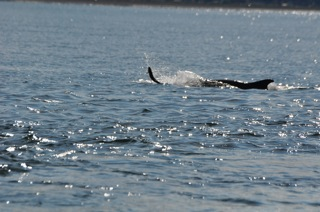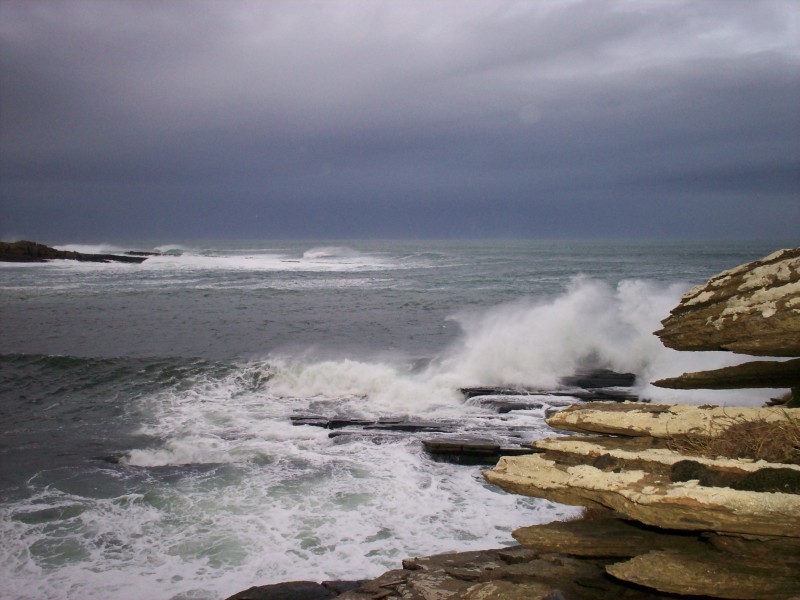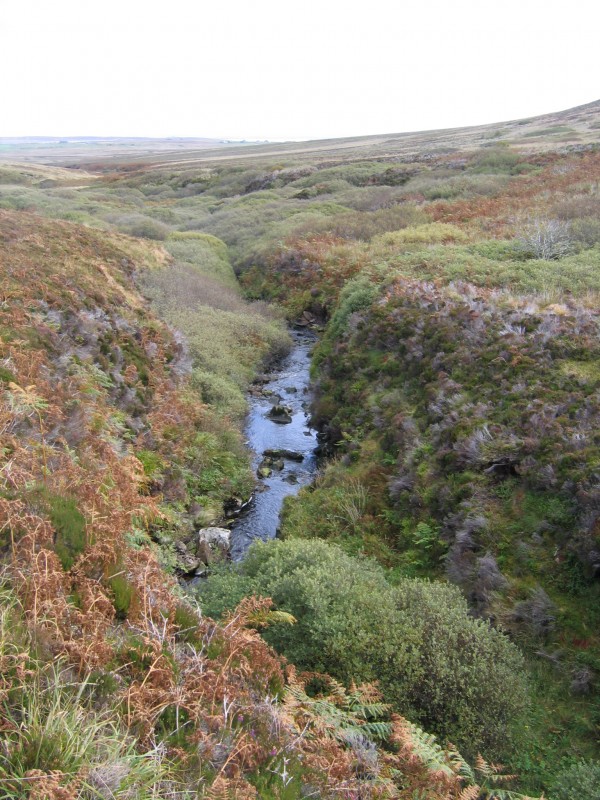
Dolphins feeding on salmon in the Moray Firth

The Pentland Firth, most northerly of British mainland coasts
This ‘Mediterraneanisation’ of the seas around northwest Europe – our seas and coastal waters – may bring rewards to the UK fishing industry if species such as red mullet move north. But there are also implicit threats coming from sea warming. For example, it is already established that cod and salmon are moving away from the warmer waters of the southern North Sea. Terrestrial warming and higher temperatures of freshwater habitats may also cause declines of trout stocks, which of course includes sea trout. Some views expressed in the angling media are based on the hope that the natural resilience of Atlantic salmon will adapt to environmental changes. They rightly point out that salmon have survived at least two ice ages, which involved them abandoning hot river catchments and colonising new ones revealed by the retreating ice. It is important that such views do not encourage complacency. It is particularly important that river managers continue to prepare for climate change by catchment-wide planning to mitigate effects of warmer water, especially in spawning and juvenile habitats. 
A moorland tributary, susceptible to high water temperatures on hot summers days
Along our coasts and at sea we do not have the ‘hands-on’ ability to address such environmental impacts as we do in fresh water, but we can give migrating salmon and sea trout much better access to and from rivers by killing fewer of them.